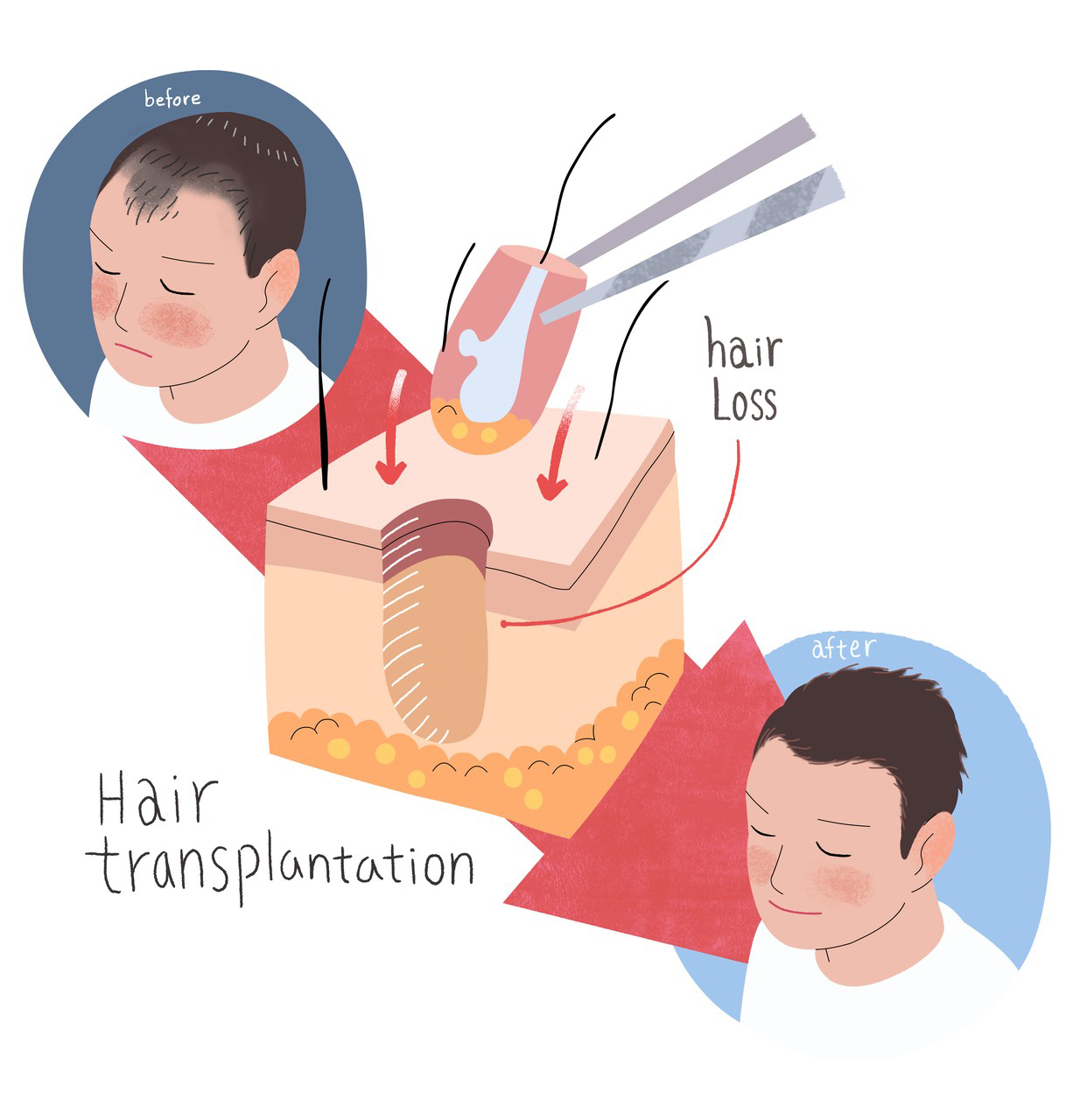Finasteride is a medication primarily used to treat male pattern baldness (androgenetic alopecia) and benign prostatic hyperplasia (BPH), a condition where the prostate gland becomes enlarged. It works by inhibiting the enzyme 5-alpha-reductase, which converts testosterone into dihydrotestosterone (DHT), a hormone that plays a role in hair loss and prostate enlargement. Here’s an overview of its effectiveness, side effects, and special attention areas:

Effectiveness:
- Male Pattern Baldness: Finasteride has been shown to effectively slow down hair loss and promote hair regrowth in men with androgenetic alopecia. It’s most effective in the crown and mid-scalp areas but can also have positive effects on the frontal hairline.
- Benign Prostatic Hyperplasia (BPH): Finasteride helps reduce the size of the prostate gland in men with BPH. It can alleviate symptoms like urinary frequency, urgency, weak stream, and difficulty initiating urination.
Side Effects:
- Sexual Side Effects: A notable concern with finasteride is its potential to cause sexual side effects such as decreased libido, erectile dysfunction, and decreased ejaculate volume. These effects can persist even after discontinuing the medication in some cases.
- Breast Enlargement: Some men may experience breast tenderness or enlargement (gynecomastia) while taking finasteride.
- Depression and Anxiety: There have been reports of mood changes, including increased anxiety and depression, associated with finasteride use.
- Other Side Effects: Less common side effects may include skin rash, itching, and allergic reactions.
Special Attention:
- Pregnant Women and Women of Childbearing Age: Finasteride can cause birth defects if taken by pregnant women, as it can affect the development of male genitalia in a developing fetus. Women who are pregnant or may become pregnant should avoid handling crushed or broken finasteride tablets.
- Long-Term Use: Some individuals have reported persistent sexual side effects even after discontinuing finasteride. It’s important to discuss the risks and benefits of long-term use with a healthcare provider.
- Regular Medical Monitoring: If you’re prescribed finasteride, your healthcare provider may monitor your prostate health and overall well-being periodically to ensure that the medication is effective and not causing any concerning side effects.
As with any medication, individual responses can vary. Before starting finasteride, it’s crucial to have a thorough discussion with a healthcare professional about your medical history, current health status, and any concerns you may have about potential side effects. They can help you make an informed decision based on your unique situation. If you experience any unusual or severe side effects while taking finasteride, it’s important to contact your healthcare provider promptly.
